How do we find the balance between structure and non-structure in the learning journey for Finley and Grace this year? As students around the world go back to classes and interact with multiple teachers, our kids find themselves just finishing camp and asking, “Now what?” It’s time to set out the learning plan, and to set some learning goals. Many have asked how we are setting up this year of learning for them and I answer, “This year of learning for all four of us you mean?” Learning is learning no matter what age you are and like the kids, Rose and I are setting goals and structuring our journey also. (More on that later, this will focus on Finley and Grace.)
Always start with questions:
What are the non-negotiable pieces of learning for Finley and Grace for their grade 3 and grade 5 year?
How can we be sure they are getting what they need in order to walk back into grade 4 and grade 6 in a more structured system?
Without a formal structure each week for 5 days, how will we ensure they get what they need?
How will we get them access to the mentors and expertise that we don’t have? Just today Finley was teaching Grace standard algorithms of subtraction when the top number is smaller than the bottom number. “What do I do?,” asks Grace? 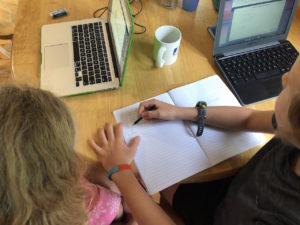
How do we navigate their dependence on us? (We will need a break from each other…)
What resources exist out there for us to do this?
Who can we lean on, based on their experience of home schooling and travel?
There are so many questions, but we need to start somewhere. Here’s where we have elected to begin:
In our drive to have our kids grow in Conceptual Understanding, Competencies, and Character, we also recognize the need to satisfy the system that currently exists of grade level progression, age groups, and scope and sequences. We will aim to have the kids learn the 3 C’s always and everywhere, and at the same time be sure they can structurally live within or outside the formal education system at any point. To do so we have looked at what would be expected for grade 3 and grade 5 for, as a start numeracy and literacy. The outcomes are clear for these with only slight variations from country to country. We will also have them running a variety of deep inquiries as we travel and are home in Canada periodically. 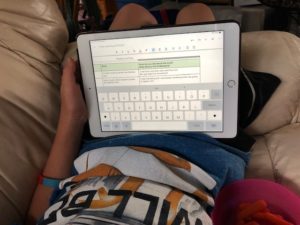 They are logging their learning and setting goals.
They are logging their learning and setting goals.
Numeracy – Always high on peoples priority list and certainly an area of learning that requires a delicate balance of conceptual understanding and math fluency. Math is subject, that many learned to hate because of the drill and kill methods. We are exploring five support mechanisms for numeracy. Khan Academy has great progressions of learning, lessons, practice and assessment. We can track their progress and if ever we are not sure, there is a lot of support. We are also using two physical books for numeracy (in addition to other fun stuff), but they both include the same progressions. We can travel with these books, and if there is no wifi, no problem. Brainquest and the Canadian curriculum provide a variety of learning experiences including math problems and challenges. There are also plenty of fun math based games and apps to reinforce concepts through play with numbers and patterns, Prodigy is a great example, and the kids love it. How will we know they are mastering the standards? We are using something we have used for years in schools, MAPS from NWEA. These assessments can be misused, but we will use them to focus on growth and goal setting . We will use 3 MAP sessions this year to know how they are doing in Math, Reading and Language usage. To do so independently we are working through https://homeschoolboss.com/. This service allows for us to administer the assessments and get a full report back on progress and growth.
Khan $0 – Brainquest $18 – Canadian Curriculum $20 – Apps $0 – MAPS – $60
Total for Numeracy – $98
Literacy – Also high on the priority list is their progression in reading and writing. Like numeracy, there are many sources of support, and we would certainly appreciate suggestions from our literacy expert friends out there. We have implemented reading time everyday, read to self and read aloud options. Our source for reading material is an endless selection through the Kingston Frontenac Public Library, both hard copy and e books. 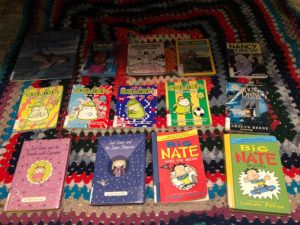 The kids are logging their reading, commenting on what was challenging, what they liked and what they didn’t. We will try and implement more of a conference style based on the Readers Workshop model moving forward. We will also use the Writers Workshop to support their writing process, but again we would love suggestions. The Brainquest and Canadian Curriculum have literacy support and Khan academy has grammar modules that the kids are digging into and the MAPs assessment will be a good indicator of their progress. Reading and writing for purpose is the key and within their inquiries, they are already journaling, taking some notes on the topics such as peregrine falcons and whales. They have started reading about Ancient Rome, Pompeii and World War II, as we will be traveling to Europe and Italy for an extended period of time.
The kids are logging their reading, commenting on what was challenging, what they liked and what they didn’t. We will try and implement more of a conference style based on the Readers Workshop model moving forward. We will also use the Writers Workshop to support their writing process, but again we would love suggestions. The Brainquest and Canadian Curriculum have literacy support and Khan academy has grammar modules that the kids are digging into and the MAPs assessment will be a good indicator of their progress. Reading and writing for purpose is the key and within their inquiries, they are already journaling, taking some notes on the topics such as peregrine falcons and whales. They have started reading about Ancient Rome, Pompeii and World War II, as we will be traveling to Europe and Italy for an extended period of time.
Total for Literacy and Numeracy – $98
Arts, Physical and Health Education, coding, outdoor ed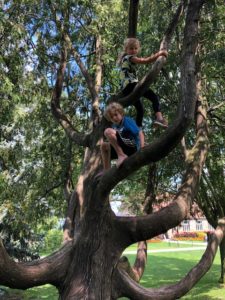 , etc etc are paramount for a holistic learning experience, and we will write more about these learning opportunities in other posts. They are doing daily keyboarding lessons to learn to touch type
, etc etc are paramount for a holistic learning experience, and we will write more about these learning opportunities in other posts. They are doing daily keyboarding lessons to learn to touch type 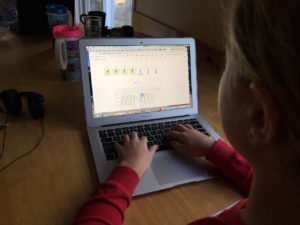 and as we find the right balance we will continue to share.
and as we find the right balance we will continue to share.
Would love to hear about your experiences, ideas and suggestions.
We are learning, living, loving and growing together through this unique opportunity.

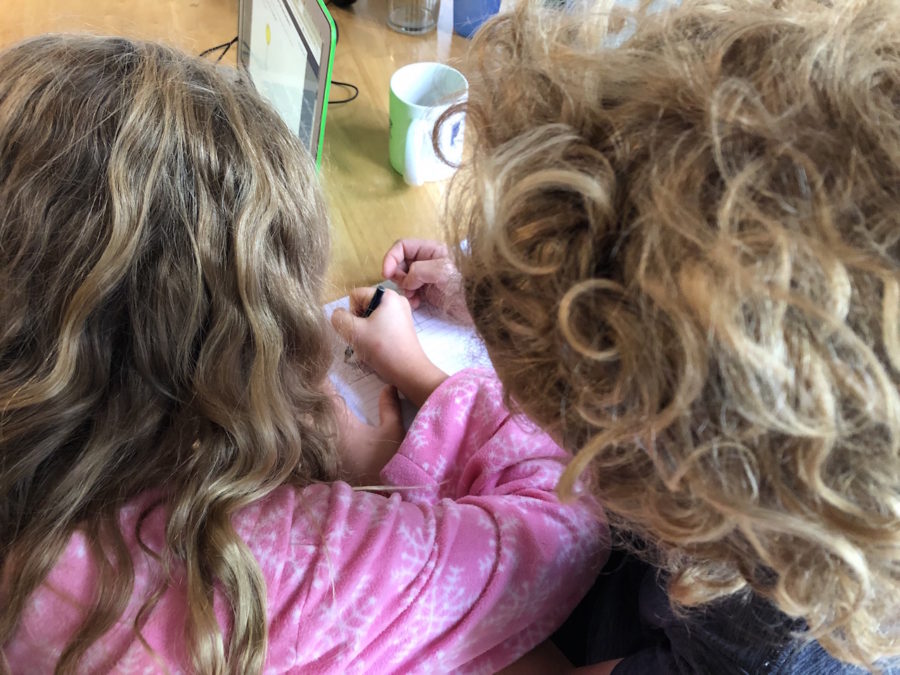
Wow! This is amazing and seems like you guys have found a good starting place! I’m excited for you guys and wish you the best on this journey!
Thank you Lucia!
You are partly responsible for his amazing foundations, thank you. Good luck with the impending motherhood!
Mike and Rose
We are embarking on our second year of homeschooling | online schooling! Our eldest is now G9 and youngest G7. Happy to share. You can message me through FB or email.
Enjoy the learning!
Great to hear all is well and thank you for the offer to share. We will message you on FB. We are very much enjoying the journey and thankful to have had so many great educators in our lives.
Mike and Rose
Hi Mike! I’m looking forward to keeping up with your journey this year. Finley and Grace are both at a terrific age for this adventure, and you and Rose will make sure that everyone makes the most of it, I am sure! A couple of thoughts: regarding literacy, does your public library have audiobooks in addition to print and ebooks? Listening to novels together during road trips can make for rich conversations. Also, have you begun to teach Finley and Grace the guitar yet? Lessons could provide for both learning and great times!
Let us know if your travels take you through Colorado!
Warmly, BKAZ
Great to hear from you Beau! Yes, we have listed to audio books in the car, love it! The libby App is great. Guitar is a great idea. Not sure if we should get a smaller guitar for them. Would love to catch up with you in Colorado.
Mike and Rose